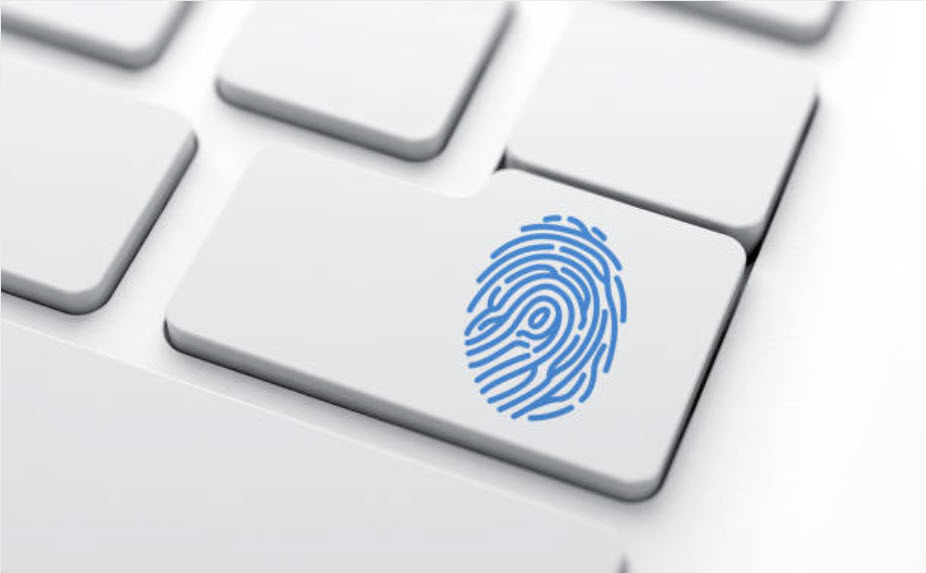Identity theft is a type of fraud which occurs when someone steals money or gains other benefits by pretending to be someone else. They may do this by obtaining someone’s personal information through illegitimate means.
Criminals may target victims indiscriminately and identity theft can happen to anyone. The consequences of your identity being compromised can have a direct impact on your personal finances. If you’re a victim of identity theft, it can be difficult to obtain loans, credit cards or a mortgage until the matter has been resolved.
Identity theft is one of the fastest growing crimes in the world, yet most people believe it won’t happen to them until their credit history has already been destroyed.
Many victims of identity theft only realise when they start receiving accounts or letters of demand for debts they know nothing about or when their own application for credit is refused because their credit record is tarnished.
Stay on top of your credit and identity with an annual review
Protect Your Details
You may not realise how often you give out your personal details. Your full name, address and contact numbers may seem like harmless information, but to these fraudsters they’re a potential source of illicit revenue.
Fraudsters use various ways of getting your information, including:
- Running fake competitions
- Click bait ads to phishing websites
- Stealing your mail
- Going through your garbage – often finding bank statements, payslips, bills or other documents with your personal information
- Lifting your details off social media websites
- Stealing your wallet, handbag or laptop
How can I protect myself against identity theft?
While some of these incidents may be as a result of sophisticated criminal activities, it is important that you safeguard your belongings by:
- Storing your ID and passport in a safe place
- Keeping your PIN in a safe place or even better, memorising it and never sharing it with anyone
- Never letting your card out of your sight when paying at a shop or restaurant
- Not providing any personal information online unless it’s on a website that can be trusted
- Not providing personal details telephonically without verifying the credibility of the source
- Making sure you have strong passwords for your banking, e-mail and online shopping profiles
- Not opening e-mails from people you don’t know
- Not clicking on suspicious links on social media platforms
- Shredding letters or documents that contain your personal details
What to do if you’ve had your identity stolen
If you believe you are a victim of identity theft, you will need to open a case with the Police. Give them as much information as possible and provide a list all the fraudulent activities you’re aware of.
Get a copy of your credit report to review all activity that is being run under your name.
Additionally, you should contact the companies where you suspect the fraud may have occurred to report it and freeze the relevant accounts. Change your login and passwords for all of your accounts – not just the affected ones
For a full resource on identity theft and how to protect yourself from scams – Visit the government’s Scamwatch website. Stay on top of the latest scams Australians are reporting to prevent becoming a victim.
*This article is opinion only and should not be taken as financial advice. The information is general and has not taken into account your objectives, financial situation, or needs. Check with a financial professional before making any decisions.
More from Budgeting
Tackle Debt with the Right Solution!
Everyones debt is different, get proven relief strategies to determine what is right for you.
Tell us about your debt

See what you could save

Take control of debt






